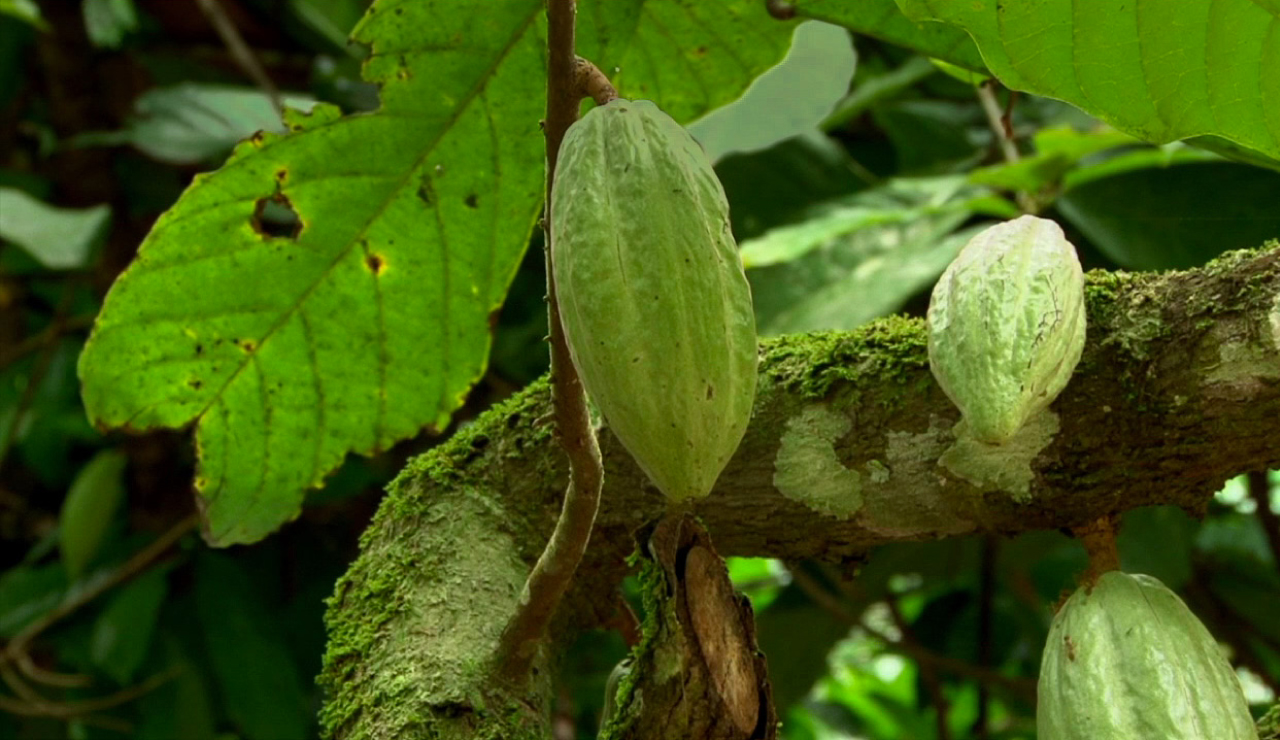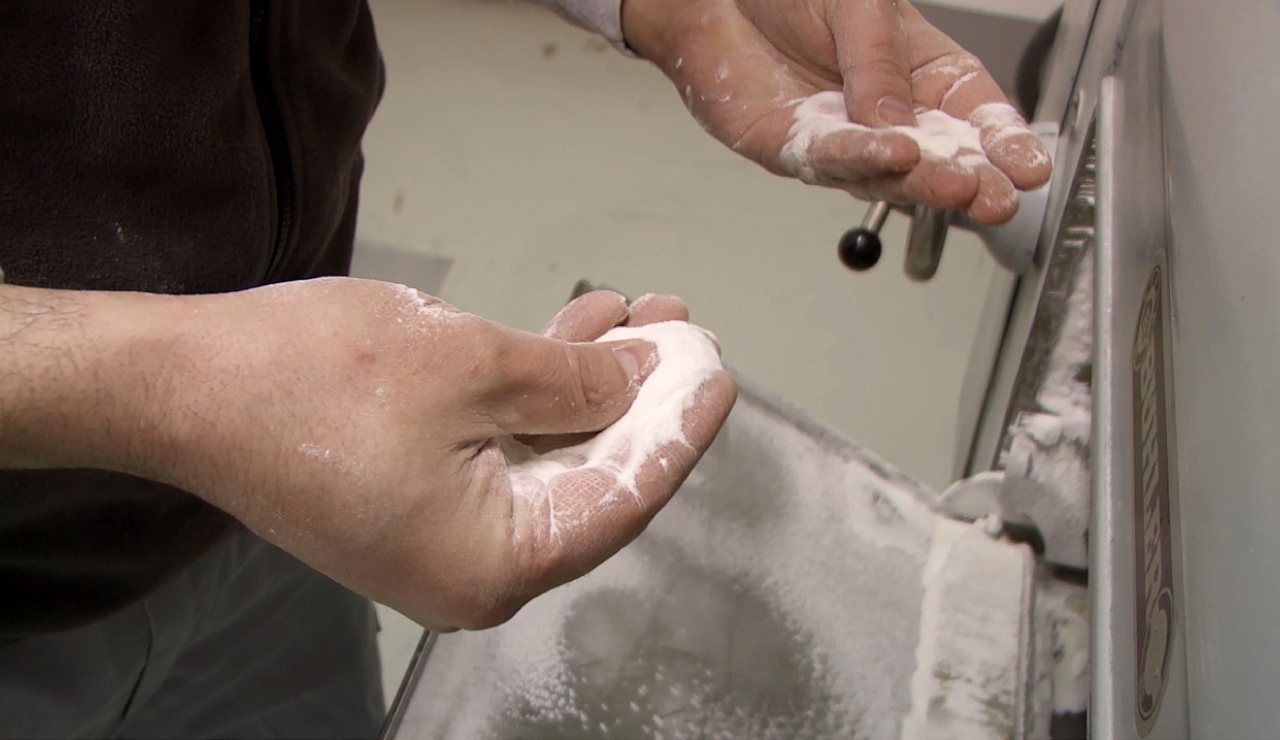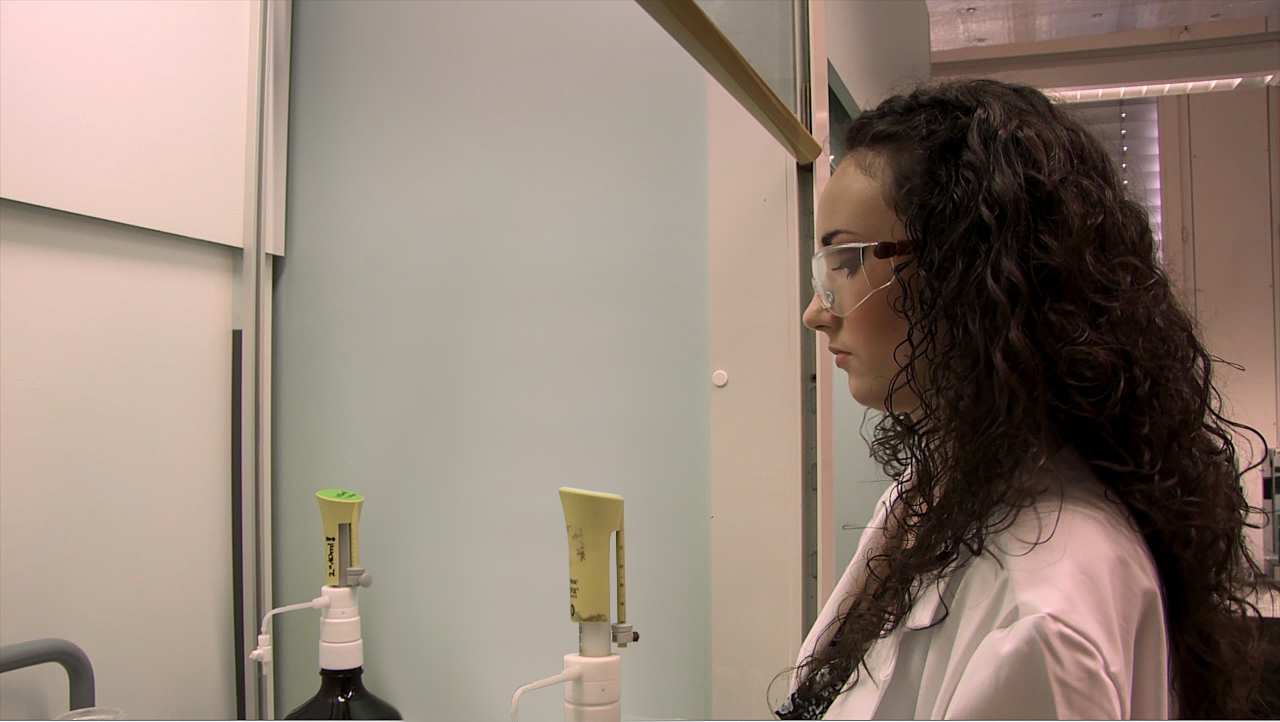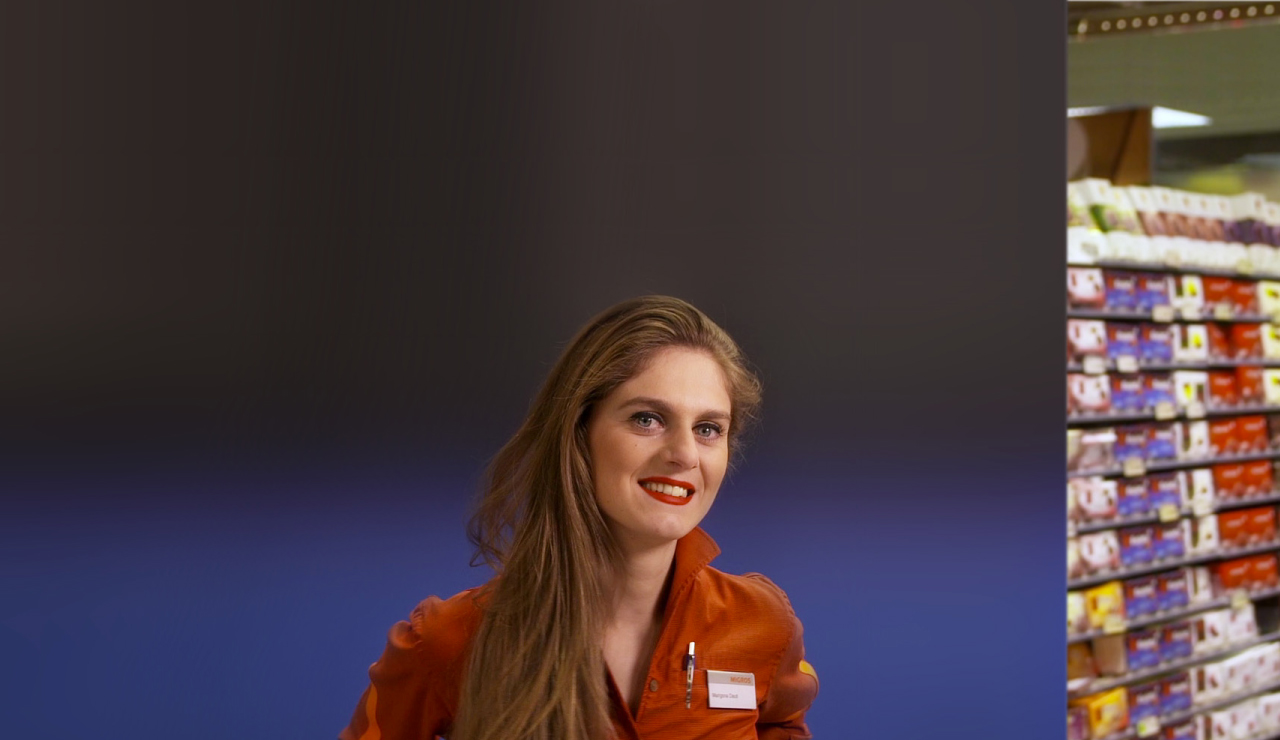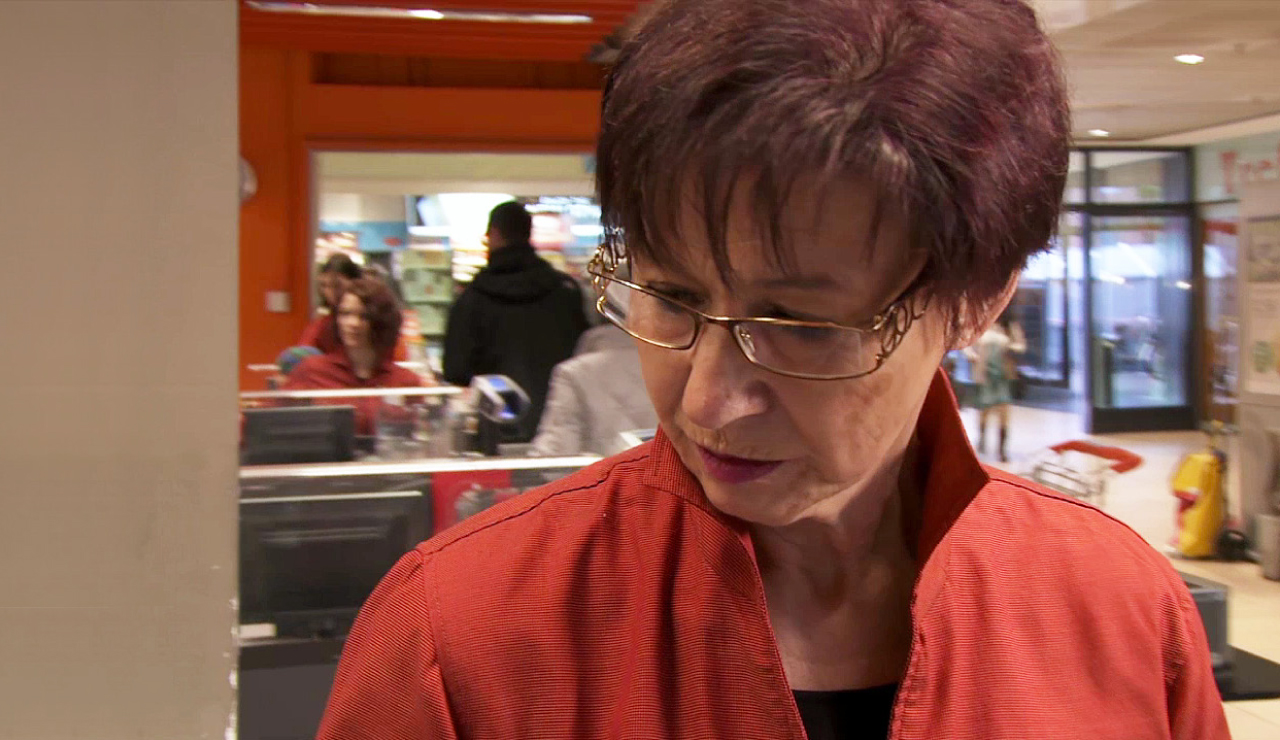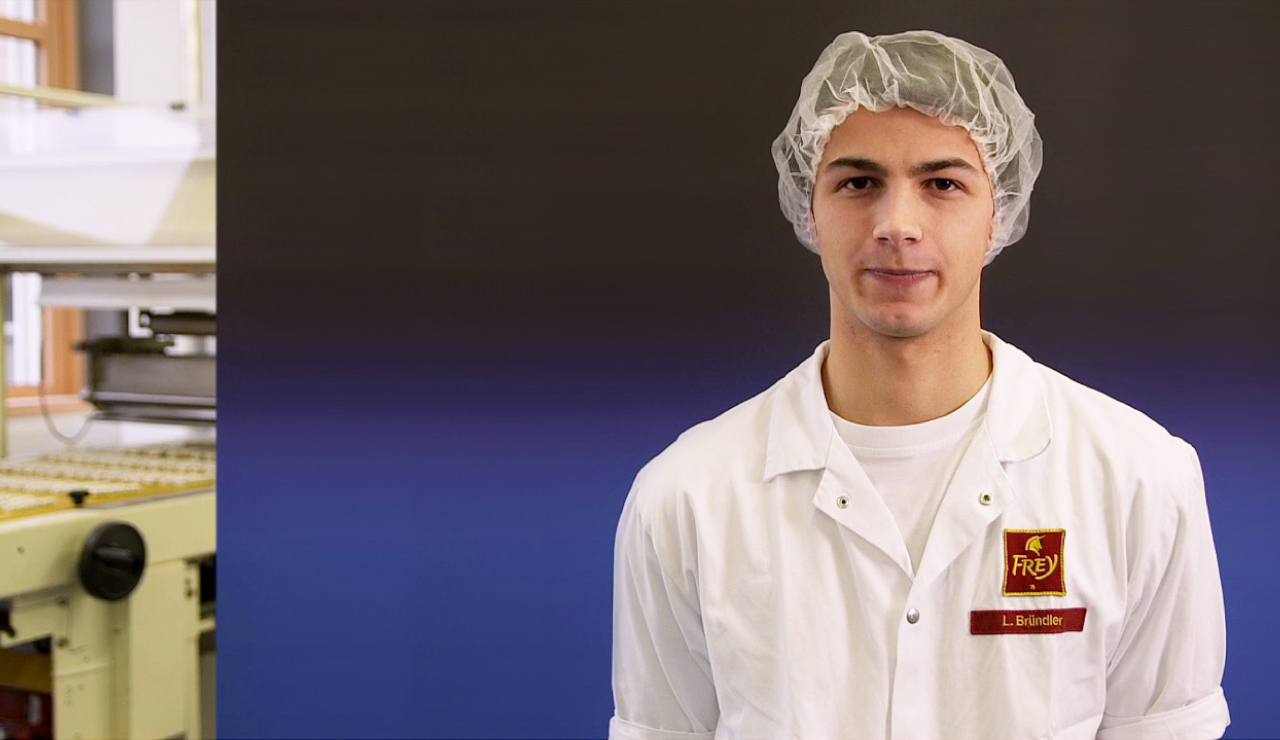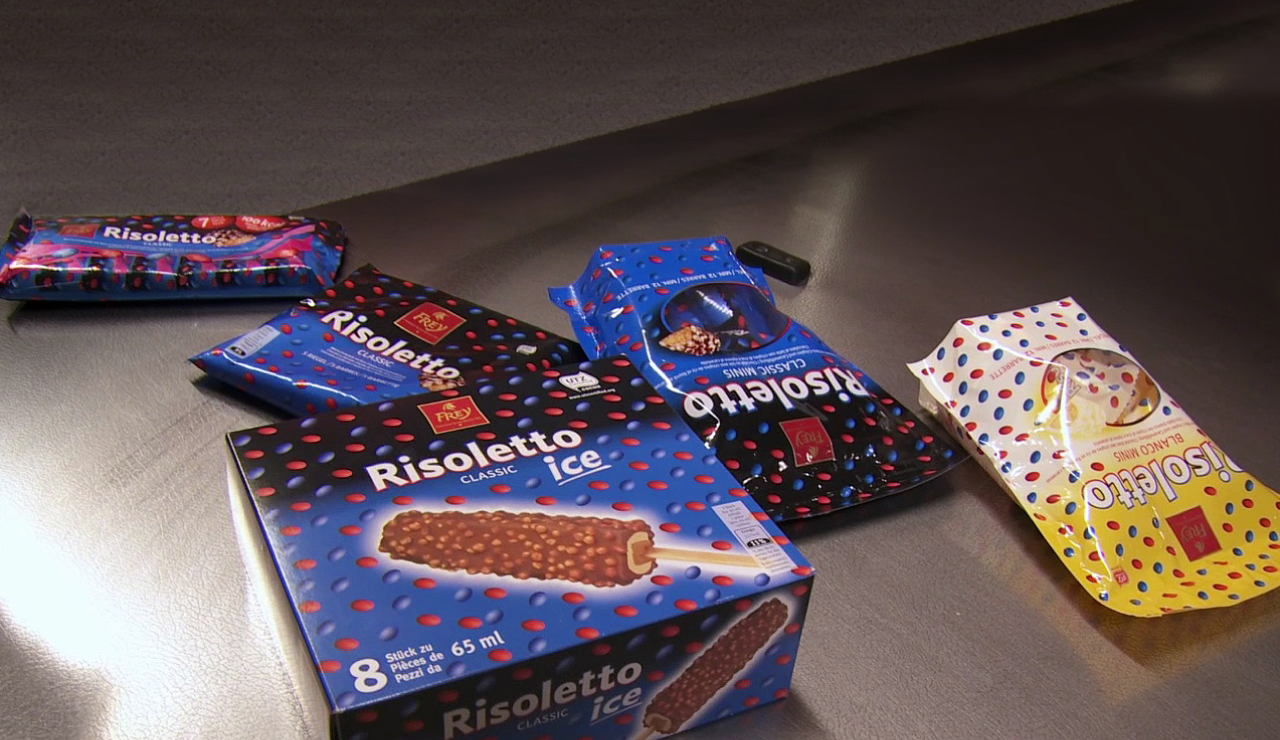In dialogue with stakeholders
Migros always has time to listen to social concerns. It works with various stakeholders from society and politics and maintains an active dialogue with its customers.
As Switzerland's largest retailer and private employer, Migros is in touch with numerous stakeholder groups. As part of the Group strategy process, Migros has identified customers, employees, cooperative members and suppliers as central stakeholders. Migros is also in constant dialogue with social institutions and groups such as the media, authorities, business, politics, associations and NGOs. The forms of dialogue range from informal meetings, to memberships, through to partnerships. Migros has also concluded longer-term cooperation agreements with some organisations, on matters such as the responsible procurement of products and raw materials.
Customers
Migros counts around 430 million customer contacts at the checkout each year. In addition to sales discussions, it maintains an open and diverse dialogue with its customers. An established channel is the M-Infoline, which recorded 145'000 contacts last year. Migros also conducts surveys of passers-by and customers on a regular basis. Through its print media (Migros Magazine, Saisonküche, Vivai), it reaches more than 3 million readers a week. Migros is also focusing increasingly on the internet and social media, which have made the dialogue significantly more interactive over the past years. With Migipedia, it brings consumers and producers closer together: in addition to being able to rate products, users of the online platform can also suggest new ones. Customers helped develop seven products in 2013.
Dialogue key figures
Dialogue key figures
| 2009 | 2010 | 2011 | 2012 | 2013 | |
| Number of M-Infoline customer enquiries (in thousand) | 150 | 165 | 167 | 167 | 145 |
| Migros-Magazin, circulation (in thousand) | 2'176 | 2'156 | 2'163 | 2'160 | 2'162 |
| Number of Migros-Magazin readers (in thousand) | 3'074 | 3'013 | 3'066 | 3'107 | 3'300 |
Employees
As a model employer, Migros creates the right conditions for a motivating, performance-oriented working environment that attracts the best workers. At the end of 2013, the Migros Group had 94'276 employees.
Cooperative members
Towards its cooperative members, Migros undertakes to create values that guarantee the continued existence of Migros as an independent entity in the long term. At the end of 2013, Migros had more than two million members in the ten regional cooperatives. These members are equal co-owners of their regional cooperative. In the annual ballots, the members decide on issues such as the approval of the annual financial statements, the appropriation of net profit and the discharging of the bodies. The statutory bodies are elected every four years. The members are kept regularly informed of the latest events in their regions via the Migros Magazine.
Suppliers
With the free market economy and performance-oriented competition as a basis, Migros aims for direct cooperation with its producers. Migros is in dialogue with numerous associations. For instance, within the context of the TerraSuisse label, it cooperates with IP-Suisse, the association of Swiss integrated production farmers. These farmers provide additional services in the area of animal welfare, biodiversity and landscape diversity. The Swiss Ornithological Institute in Sempach has developed the necessary measures for this purpose.
Regular dialogue with NGOs
The Issue Management & Sustainability Department is in contact with national non-governmental organisations. The aim is to maintain a constructive dialogue with these organisations, to identify early on what topics interest them and to pick up interesting ideas. In 2013 the Migros experts met with WWF Switzerland, Greenpeace Switzerland, the Berne Declaration and Swiss Animal Protection SAP, among other organisations. The discussions revolved around topics such as maintaining biodiversity in Switzerland, the sustainable procurement of plant-based raw materials (including palm oil and cotton), production conditions in developing countries as well as animal welfare. Migros and WWF Switzerland have been working together in a strategic partnership since 2009. In 2013 progress was made, in particular, in the areas of CO2 reduction, the protection of bees and the expansion of the sustainable range of products. Special focus was on raising awareness among customers and employees. More support was also offered for the child and youth projects of WWF.
Political commitment
The Directorate of Economic Policy is responsible for the strategic orientation of Migros' economic policy. It represents the interests of Migros to authorities and associations as well as the concerns of customers for Migros and in general. It maintains close dialogue with consumer organisations, associations and parties.
In 2013 the commitment of the economic policy focused, in particular, on measures against the increasing levels of shopping tourism. Migros campaigned for an amendment to antitrust law in order to counteract the absorption of the purchasing power of international producers of branded goods in Switzerland. In addition to the low prices, customers are also being enticed across the border by longer opening hours. Migros therefore made a commitment to the Frankenstärke. Teilharmonisierung der Ladenöffnungszeiten (Strong franc. Partial harmonisation of opening hours) motion, which parliament passed in 2013. This motion enables a moderate extension of opening hours throughout Switzerland. Thanks to Migros' mediating role, parliament also adopted the Swissness model after five years. During the implementation of the 2014–2017 agricultural policy, Migros campaigned for animal husbandry contributions to be abolished.


